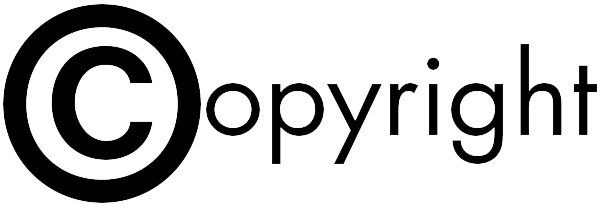Regulatory Framework of Carbon Markets and Their Impacts: A Cross-Country Study of Indonesia, the European Union, China, and the United States
DOI:
https://doi.org/10.56282/jsdi.v3i2.562Keywords:
Regulasi, Pasar Karbon, Emisi, Gas Rumah KacaAbstract
Climate change represents a significant global challenge that demands coordinated policy responses to reduce greenhouse gas (GHG) emissions. Among the key instruments employed is the carbon market, comprising emission trading systems and carbon taxes, which aim to place a price on carbon emissions and incentivize efficient emission reductions. This study seeks to evaluate the regulatory frameworks and effectiveness of carbon markets in Indonesia compared to those in the European Union, China, and the United States. Indonesia initiated its carbon market regulation through Presidential Regulation No. 98 of 2021 on Carbon Economic Value (NEK) and launched the Indonesia Carbon Exchange (IDXCarbon) in 2023. However, its implementation faces several challenges, including limited private sector participation, legal uncertainty, weak Monitoring, Reporting, and Verification (MRV) mechanisms, risks of double counting, and a lack of coordination among relevant institutions. Comparative analysis with the systems in the European Union, China, and the United States underscores the critical importance of strengthening MRV infrastructure, harmonizing domestic regulations with international frameworks such as the Carbon Border Adjustment Mechanism (CBAM), encouraging active private sector engagement, and adopting a phased and targeted policy approach. The findings of this study offer recommendations for improving the implementation of Indonesia’s carbon market to effectively and sustainably achieve climate change mitigation targets, contributing to the broader goals of the Sustainable Development Goals (SDGs), particularly Goal 13 on Climate Action.
Downloads
Published
How to Cite
Issue
Section
License
Copyright (c) 2025 Journal of Sustainable Development Issues

This work is licensed under a Creative Commons Attribution-NonCommercial-ShareAlike 4.0 International License.










